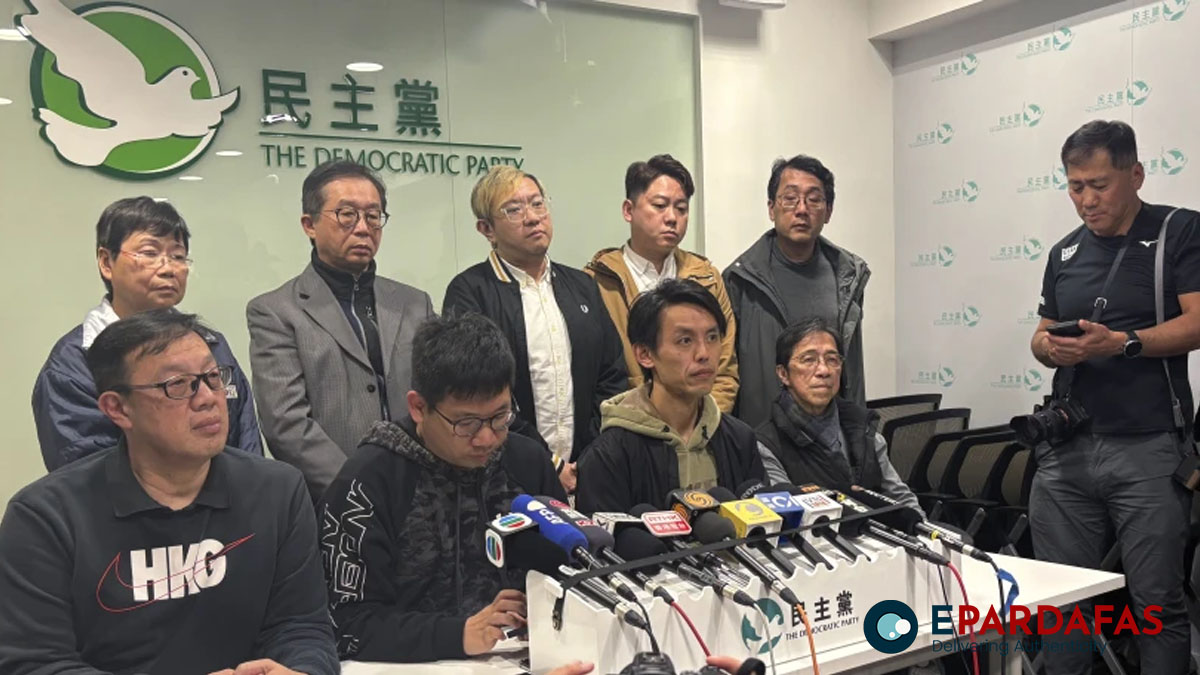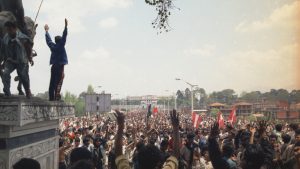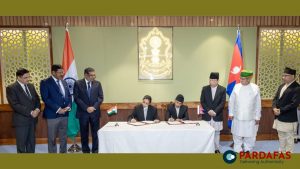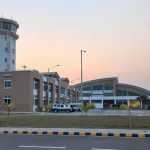
Hong Kong’s Largest Pro-Democracy Party Moves Toward Dissolution Amid Political Crackdown
Hong Kong’s largest pro-democracy party, the Democratic Party, has taken an initial step toward dissolving, marking another blow to civil society in the wake of Beijing’s intensified crackdown on dissent.
At a news conference on Thursday, Party Chairperson Lo Kin-hei announced that the central committee had decided to form a task force to examine the procedures for disbanding the party. A final decision would require approval from party members. Lo cited the current political and social climate as the reason behind the decision, emphasizing that financial constraints were not a factor.
“When we have to move in this direction, it is, of course, a pity. I believe every member cherishes the existence of the Democratic Party in Hong Kong,” Lo said.
Founded in 1994, the Democratic Party has been one of the key voices for democratic ideals in Hong Kong. Prominent members include Martin Lee, often referred to as the city’s ‘Father of Democracy’, Albert Ho, former leader of a now-defunct group that organized Tiananmen vigils, and journalist-turned-activist Emily Lau. Once regarded as a moderate opposition force, the party maintained cordial ties with Beijing officials, though some members criticized it for being too mild in its approach.
However, the political landscape dramatically shifted after the mass pro-democracy protests in 2019. The Chinese government responded by imposing a sweeping national security law in 2020, leading to the prosecution of activists, the disbanding of several civil society organizations, and a massive overhaul of Hong Kong’s electoral system. These changes effectively barred pro-democracy candidates from running for office and ensured that only Beijing-approved ‘patriots’ could govern.
The crackdown took a toll on the Democratic Party, with several of its former lawmakers convicted in Hong Kong’s largest national security case over their involvement in an unofficial primary election. Foreign governments criticized the verdict, but Beijing defended the legal actions.
Despite these challenges, the party continued to operate, holding press conferences on livelihood issues and even submitting opinions on national security legislation before it was enacted in March last year. However, its influence has significantly diminished due to sweeping political restrictions.
At Thursday’s news conference, Lo explained that dissolving the party would require 75% approval from attending members at a general assembly. While the Democratic Party currently has 400 members, past attempts to amend its constitution have both succeeded and failed due to attendance fluctuations.
When Hong Kong returned to Chinese rule in 1997, the “one country, two systems” framework was meant to guarantee a high degree of autonomy and Western-style civil liberties. However, Lo suggested that the government’s interpretation of this principle differs from that of the pro-democracy camp.
“The path to democracy is always difficult,” Lo said. “I have confidence in Hong Kongers, and Hong Kongers can always find ways to handle different matters.”
- Health Insurance Now Covers Nearly Half of Gandaki Province’s Population
- Mercure Kathmandu Extends Financial Support to Cancer Care Nepal
- DRRMNC Urges Swift Action to Tackle Forest Fires and Accelerate Reconstruction Efforts
- Nepal Observes People’s Movement Day to Commemorate Restoration of Democracy













Comments